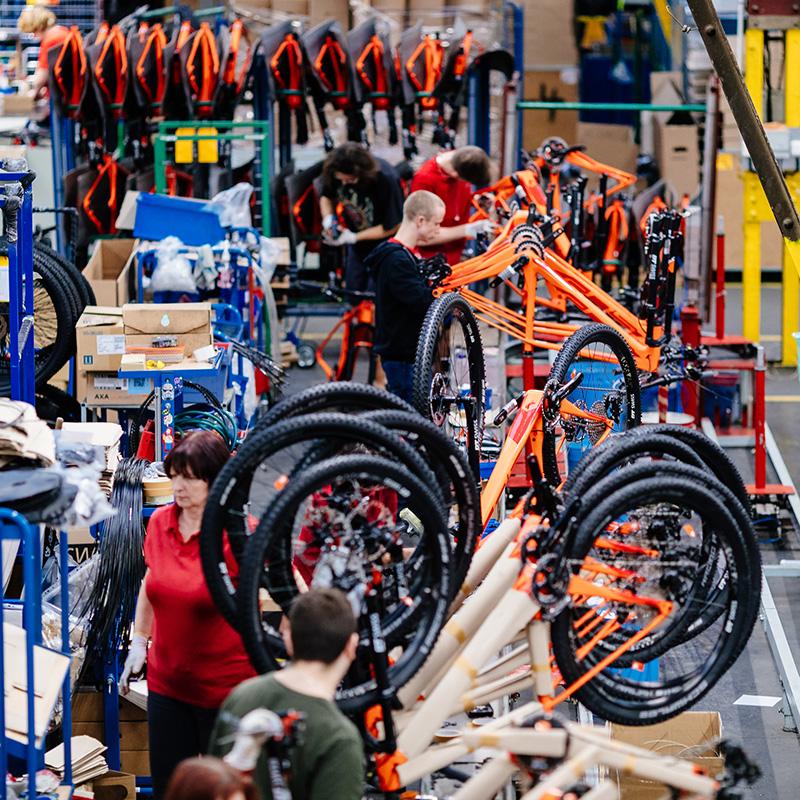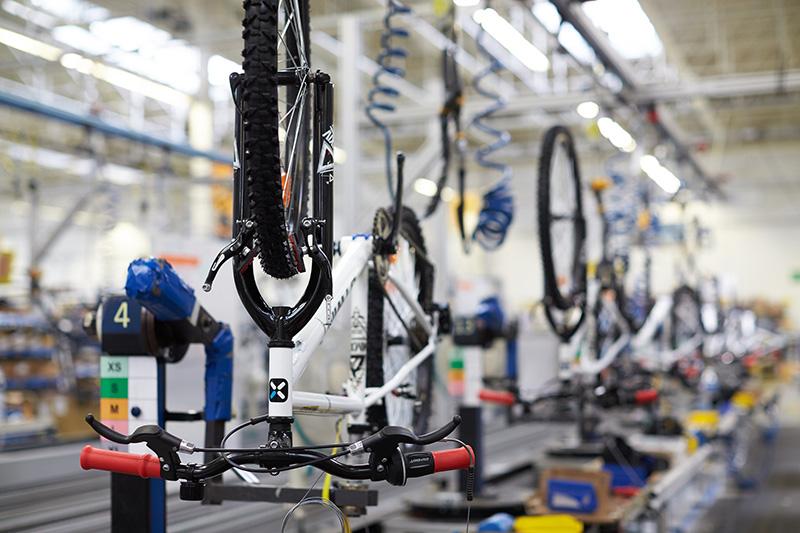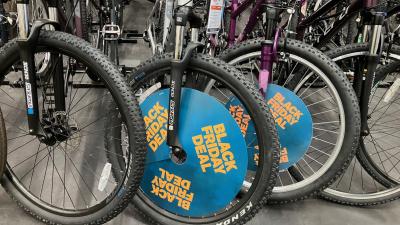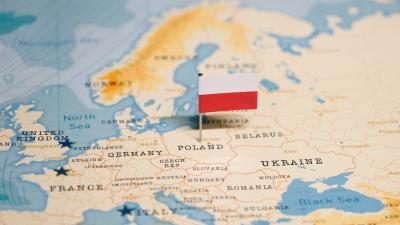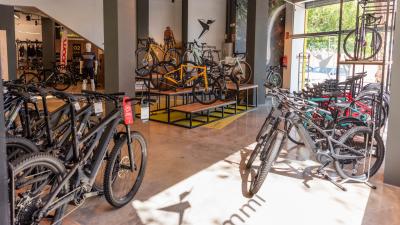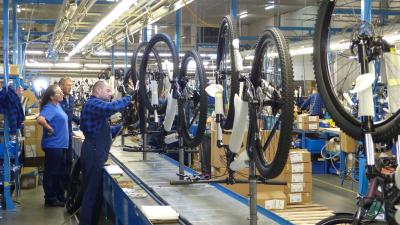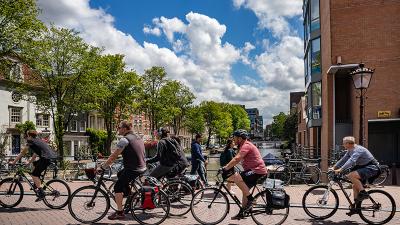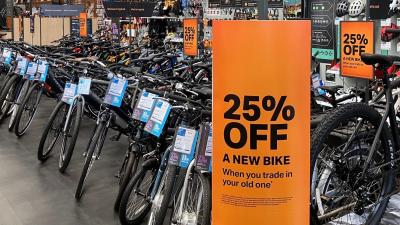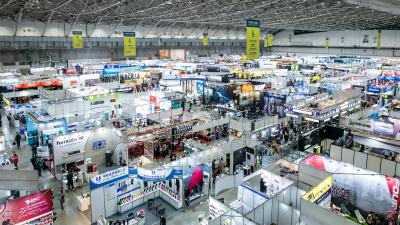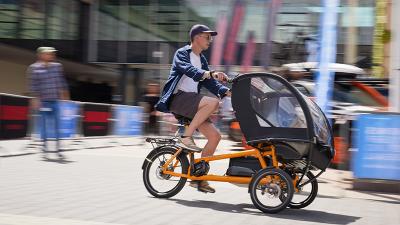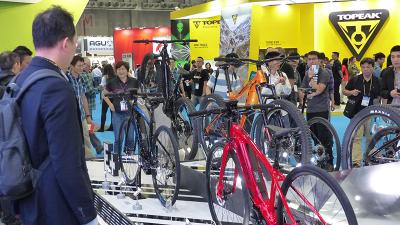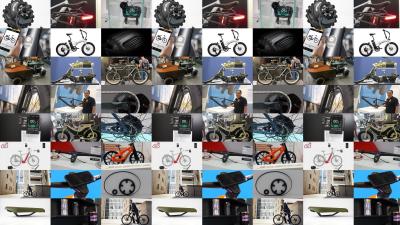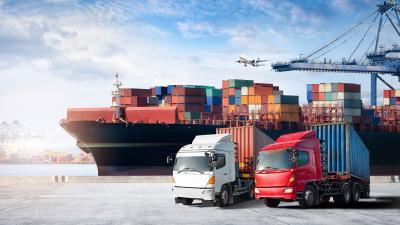All pages

1
Eurobike reaffirms strengthening position of e-bikes
Cover and table of content july 2022

2
Suzhou Shengyi
E-bike Motor & System
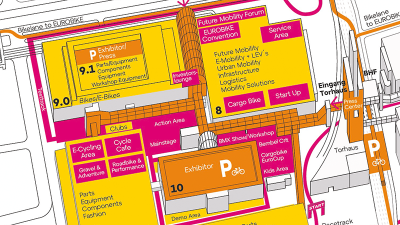
3
Eurobike expectations
Eurobike 2022 takes e-bike and LEV’s to all new environment
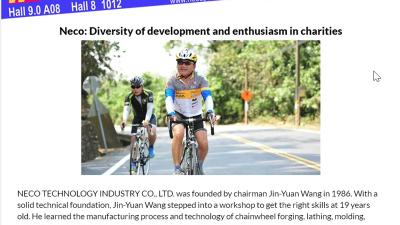
4
Neco
Makes your life better
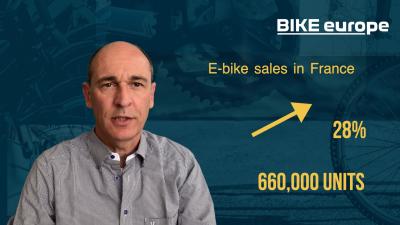
5
General market overview
Over the past two years, bicycle electrification in Europe really picked up, editor-in-chief Jan-Willem van Schaik explains

6
Nanjing Lishui
2022 EURO BIKE
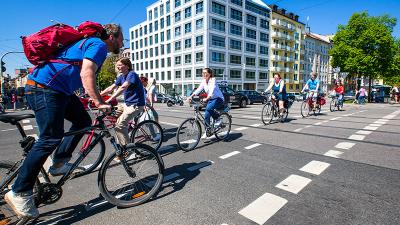
7
No sign of market slowdown in Germany
The 2021 market statistics show that Germany's e-bike and bicycle sales record during the 2020 pandemic was not just a hype.

8
Bafang
Bafang M410 Mid Motor System
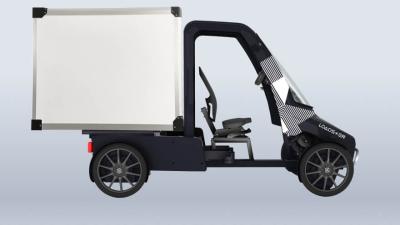
9
Mando Corporation Europe
Mando chainless drive system gives e-cargo bike technological edge
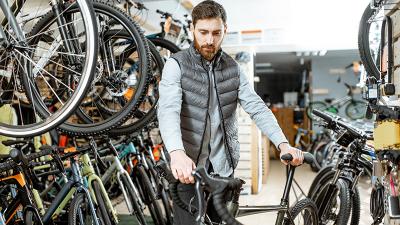
10
Dutch e-bike and bicycle market
Dutch sales dip as supply wanes, but prices soar
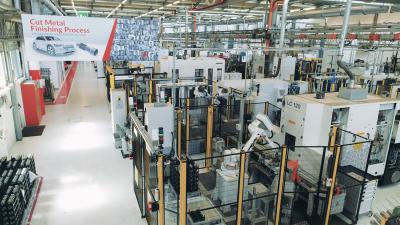
11
mG miniGears Spa
hGears provides infrastructure for growth
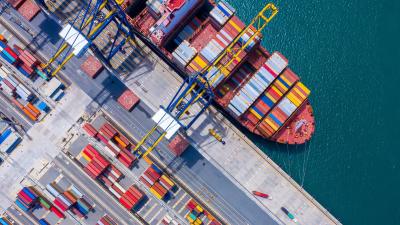
12
EU bicycle and ebike imports
E-bike imports soar to meet growing demand in Europe

13
Akku Vision
Become the leading battery supplier in micro mobility
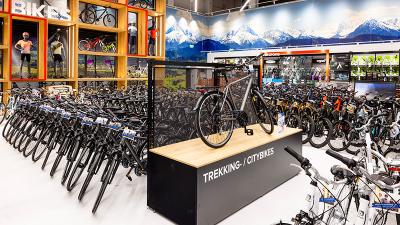
14
France, Spain, Italy and Switzerland
Supply problems bring mixed results in key markets
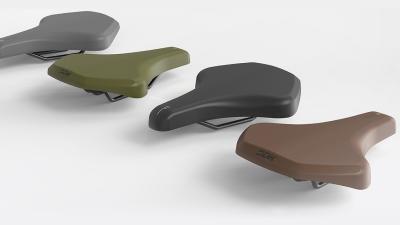
15
DDK Group Co Ltd
High-tech vacuum proces to bond the cover and pad the saddle shell
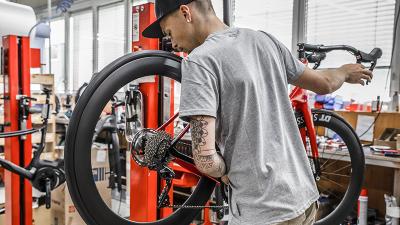
16
Austrian market breaks €1 billion barrier
Despite supply issues, champagne corks popped in Austria when the industry broke the €1 billion sales value barrier in 2021

17
Sport Import
Family and team success
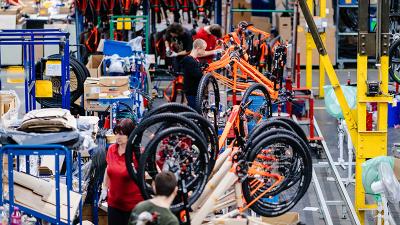
18
Czech and Poland
Eastern Europe remains strong bike production hub

19
Tannus
Tannus Streamlines Development Process to Accommodate OEM Partners
All editions
Search
Search, through all Editions
